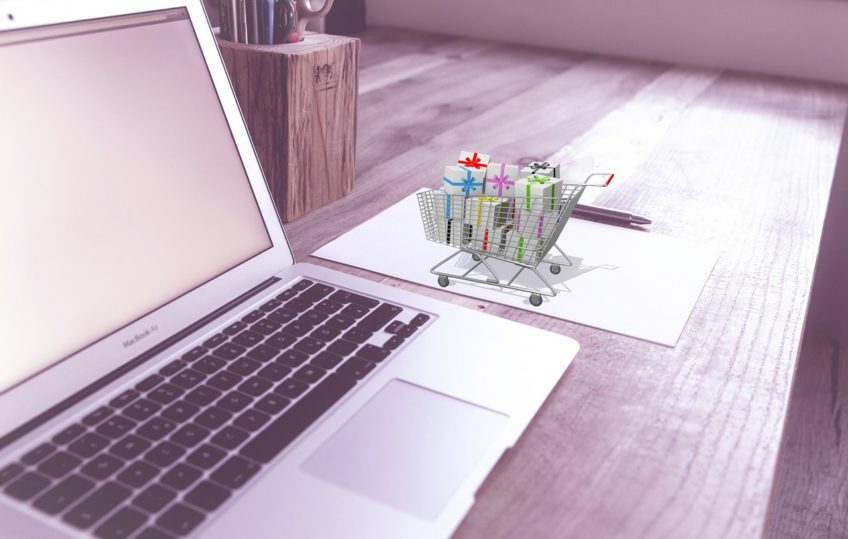The FMCG (fast-moving consumer goods) market in India has undergone significant changes in the last two decades, particularly in terms of adopting online sales across several categories. E-commerce has developed quickly as a result of changes in consumer behavior, rapid urbanization, increased disposable incomes, and internet penetration, giving growth potential for both big and small players in the FMCG business.
According to Nielsen, a market research agency, e-share commerce’s to total FMCG sales is predicted to rise to 11% by 2030. With so many prospects for growth and development in the e-commerce sector, competition in the FMCG sector is expected to heat up, with both offline and online retail tactics becoming increasingly important.
Check out these trends that will positively impact FMCG businesses by an ecommerce website development company in Delhi–
Online platforms, as well as local neighborhood retailers, are seeing an increase in demand as more consumers prefer for frictionless and safe delivery through e-commerce channels. Consumers are drawn to online purchasing for a variety of reasons, including improved product information and valuable feedback.
Aside from that, new and existing players are re-inventing their business processes by forging partnerships with larger and more solid e-commerce companies. Local kirana stores are also benefiting from new e-commerce start-ups that are assisting them in expanding their operating reach through digitization.
With the fast expansion of e-commerce platforms for grocery shops and local retailers, the FMCG sector’s sales and overall business growth will be boosted even more.
As a result of digital innovation and the expansion of e-commerce, several new competitors have entered the industry, posing a serious threat to established firms. These players are likely to contribute to increased sales for the FMCG industry in the coming years, thanks to diverse business models designed to meet the expanding needs of today’s consumer.
Over the last six months, the shopping scene has changed considerably. While retail remains important, e-commerce has grown in popularity and is projected to continue to assist FMCG firms in expanding sales, market share, and recruiting new clients. FMCG companies benefit from e-direct-to-customer commerce’s (D2C) model in a variety of ways, including:
Building Trust
When customers visit a brand’s official website, businesses may gather vital information all in one place. This is proven to be a fantastic opportunity for organizations to engage more effectively by providing a smooth user experience, interface, and higher trust, all of which can be leveraged into increased profitability.
Quickly Reach Out to Consumers
In comparison to the traditional paradigm, the D2C model allows businesses to reach out to consumers fast with their products. Because there are no middlemen involved, the companies can generate bigger profits. D2C also enables firms to reach out to clients in modest amounts at first, then make required adjustments based on market reaction to reduce risk.
Better Monitoring
Once a product enters the stores, firms find it difficult to keep track of it. While retailers are aware of how their brands are regarded by customers, producers are not. The D2C model bridges the gap, allowing businesses to have a deeper understanding of what customers think and more control over message and packaging marketing.
While there is no doubt that e-commerce will play a significant part in the growth of FMCG companies, an Omni-channel approach is essential to maximize efficiency. It’s not just about copying an offline strategy—customized experiences for customers are crucial.
From product images to precise and clear brand descriptions to various product portfolios for digitized platforms, Wikipedia page creation services, FMCG companies should look to expand their online offerings by expanding delivery coverage, offering more convenient and faster delivery options, and providing items or products that are difficult to find offline.



































